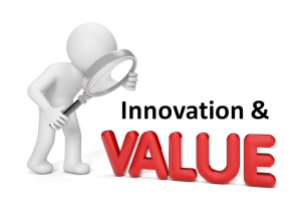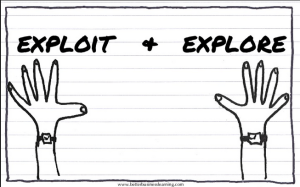 “The world has never been as complex, dynamic and uncertain as it is today and the pace of change will only increase.”
“The world has never been as complex, dynamic and uncertain as it is today and the pace of change will only increase.”
We hear this consistently, our continual problem is trying to make sense of it for ourselves, we know all around us seems to constantly increase in its complexity but how are we keeping pace or at least trying too? I can’t check out of the human race just yet, can you afford too? If not then read on.
For me, I try to attempt to keep up to date by investing increasing time in acquiring a better understanding, a deeper knowledge of all the interconnected parts. As part of my job, advising others on all things swirling around innovation, I invest significant time in researching, learning and applying what I feel is important to others to understand or at least to raise their awareness.
Even if we are “time starved” we simply must try and keep moving along in this understanding and hopefully once in a while keeping ahead of the curve, or think we are!
There is one rich source of knowledge that comes from many of the larger consulting firms.
Continue reading “Delving into a complex world: helping to keep pace”
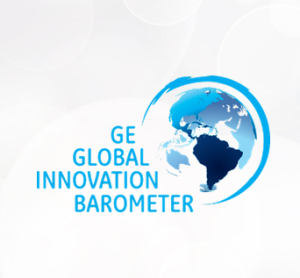

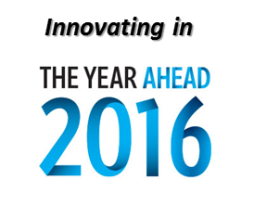

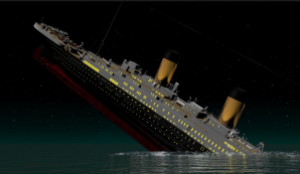 The days of simply having ideas moving through a pipeline and coming out the other end as finished product and services seems part of our great past.
The days of simply having ideas moving through a pipeline and coming out the other end as finished product and services seems part of our great past.